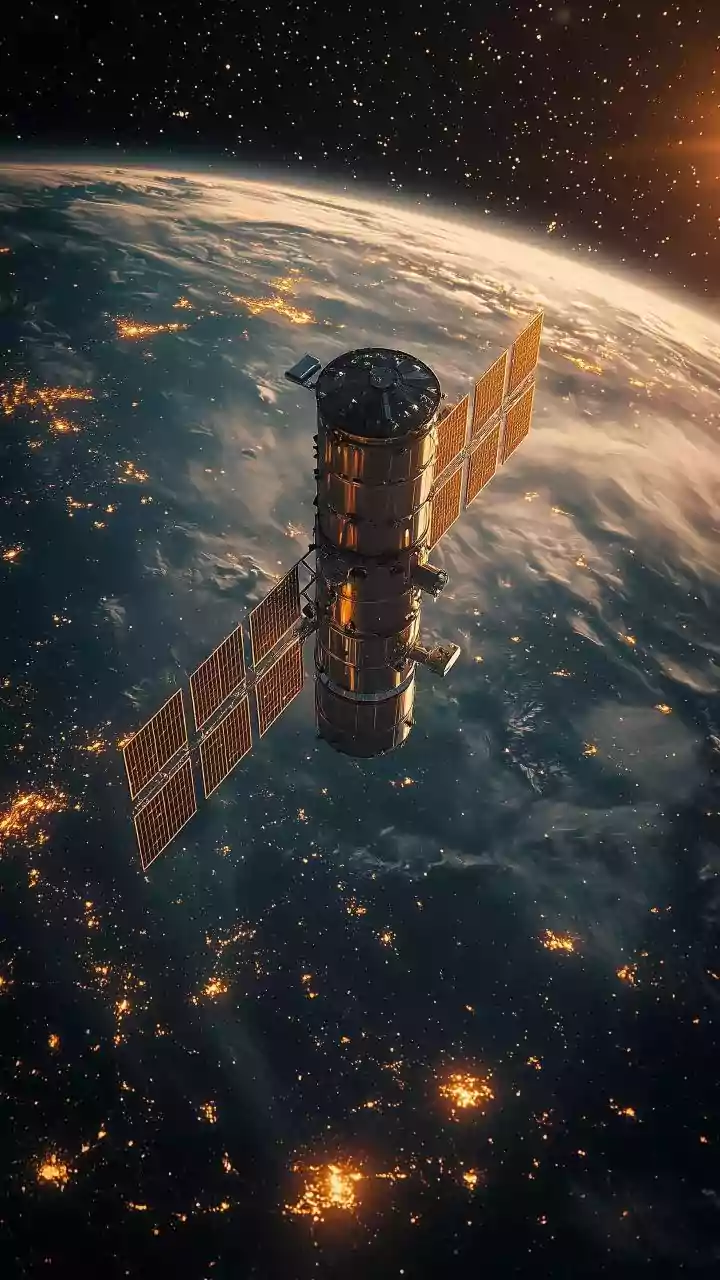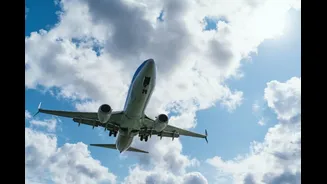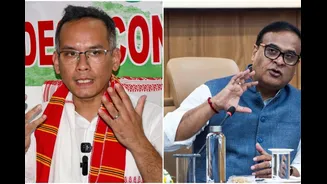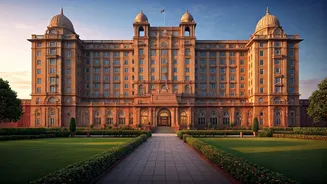Moscow has rejected claims that a planned meeting between Vladimir Putin and Donald Trump in Budapest was cancelled because Russia was “not ready” for talks on Ukraine. Instead, Russian Foreign Minister
Sergey Lavrov blamed internal disagreements within Washington for the collapse of preparations, insisting the US failed to follow up on its own proposals after the Anchorage summit.
In an interview with Italian newspaper
Corriere della Sera, Lavrov reiterated Moscow’s willingness to hold another US–Russia summit in Budapest. With Hungary being one of the few European Union states that maintains open dialogue with Moscow, Budapest is increasingly viewed as a potential neutral ground for renewed discussions between Washington and Moscow on the Russia-Ukraine war.He said, “We are still ready to hold another Russia-US summit in Budapest if it is genuinely based on the well-elaborated outcomes of the Alaska summit”.
The Russian Foreign Minister said the understandings reached in Anchorage, in August, had created genuine momentum toward a long-term peace process. These understandings, he argued, were rooted in the conditions Putin outlined in June 2024, particularly the rejection of Ukraine’s NATO accession and international recognition of territorial changes following referendums in five Ukrainian regions.
He further stated that the US Special Envoy Steve Witkoff brought to Moscow a negotiation framework ahead of the Anchorage meeting that acknowledged both Russia’s security concerns and the “territorial reality.” Putin, he said, told Trump that Russia was prepared to use the American proposal as a basis for further talks, offering specific steps to begin practical implementation.
Trump reportedly said he would consult US allies, but after a meeting in Washington the following day, the US administration did not respond to Moscow’s acceptance of the Witkoff plan. Lavrov said no clarity was provided even during his subsequent meeting with Secretary of State Marco Rubio in New York.
To keep negotiations moving, Moscow drafted a non-paper outlining the Anchorage understandings and delivered it to Washington. That led to a renewed phone call between Trump and Putin, during which they agreed in principle to meet in Budapest—pending detailed preparation. But shortly afterwards, Lavrov said, unidentified advisers influenced Trump to postpone or cancel the summit.
Lavrov dismissed Western reports particularly from The Financial Times which was suggesting that Russia was unprepared for talks as “bluntly fake news,” accusing certain outlets of distorting events to undermine Trump’s pursuit of “lasting, steady peace.”
He emphasised that Russia has remained consistent in its stance and is ready to resume discussions whenever Washington is willing to base them on what was agreed in Anchorage.





















